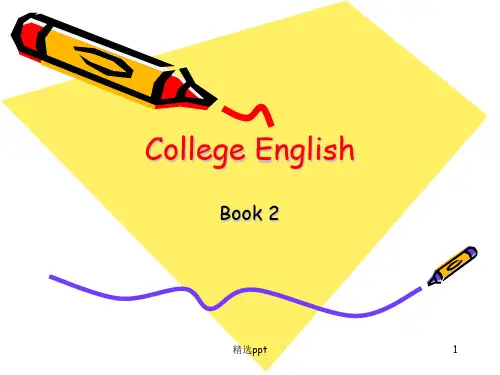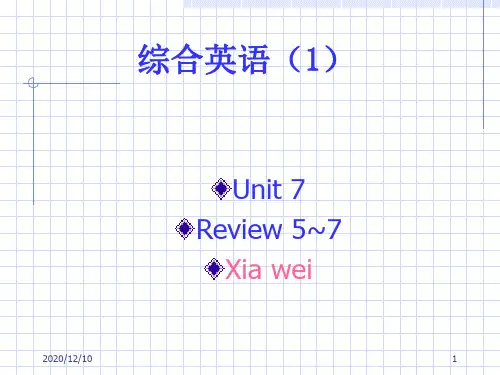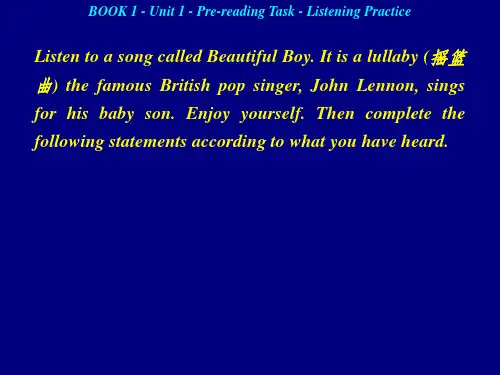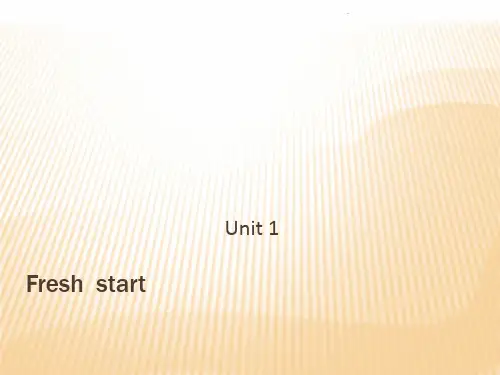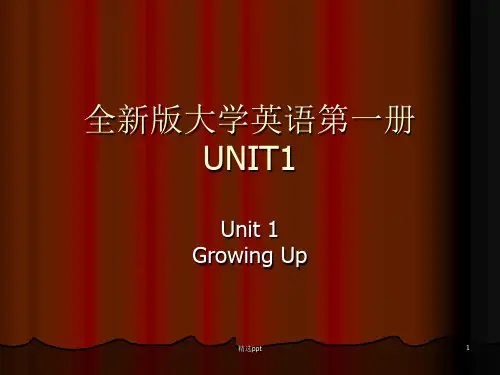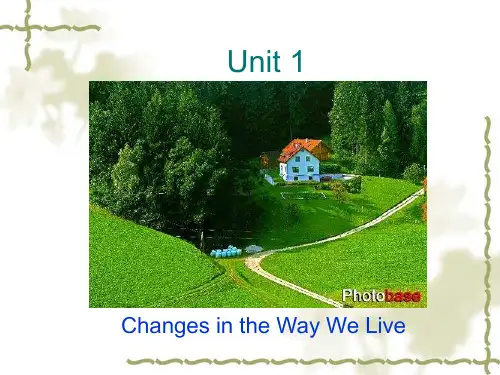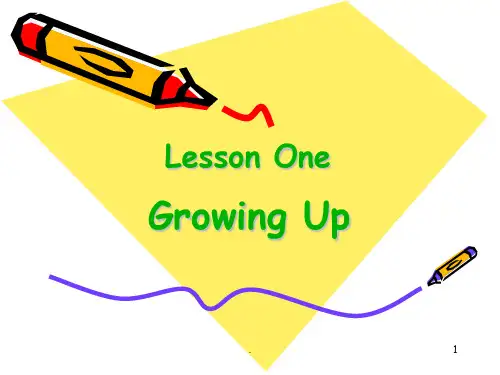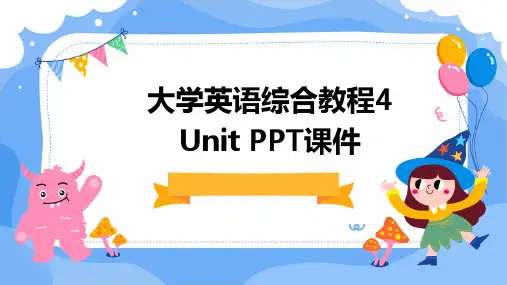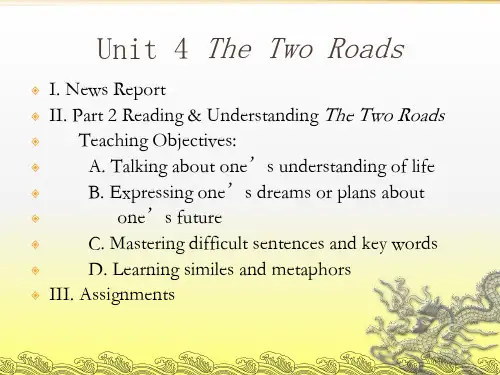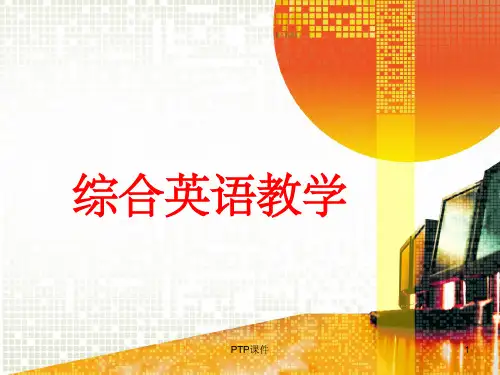Addressing the quality of the learning experience that MOOCs provide is therefore of paramount importance to their credibility and acceptance.
MOOCs represent a postindustrial model of teaching and learning that has the potential to undermine and replace the business model of institutions that depend on recruiting and retaining students for location-bound, proprietary forms of campus-based learning.
Background
1. Information about the MOOCs
3.A MOOC is a model of educational delivery that is, to varying degrees, massive, open, online, and a course. Most MOOCs are structured similar to traditional online higher education courses in which students watch lectures, read assigned material, participate in online discussions and forums, and complete quizzes and tests on the course material. The online activities can be augmented by local meet-ups among students who live near one another. MOOCs are typically provided by higher education institutions, often in partnership with “organizers” such as Coursera, edX, and Udacity, though some MOOCs are being offered directly by a college or university. MOOCs arise from the confluence of several important trends, and they raise important questions and spark essential conversations about curriculum design, accreditation, what constitutes a valid learning experience, and who has access to higher education.

